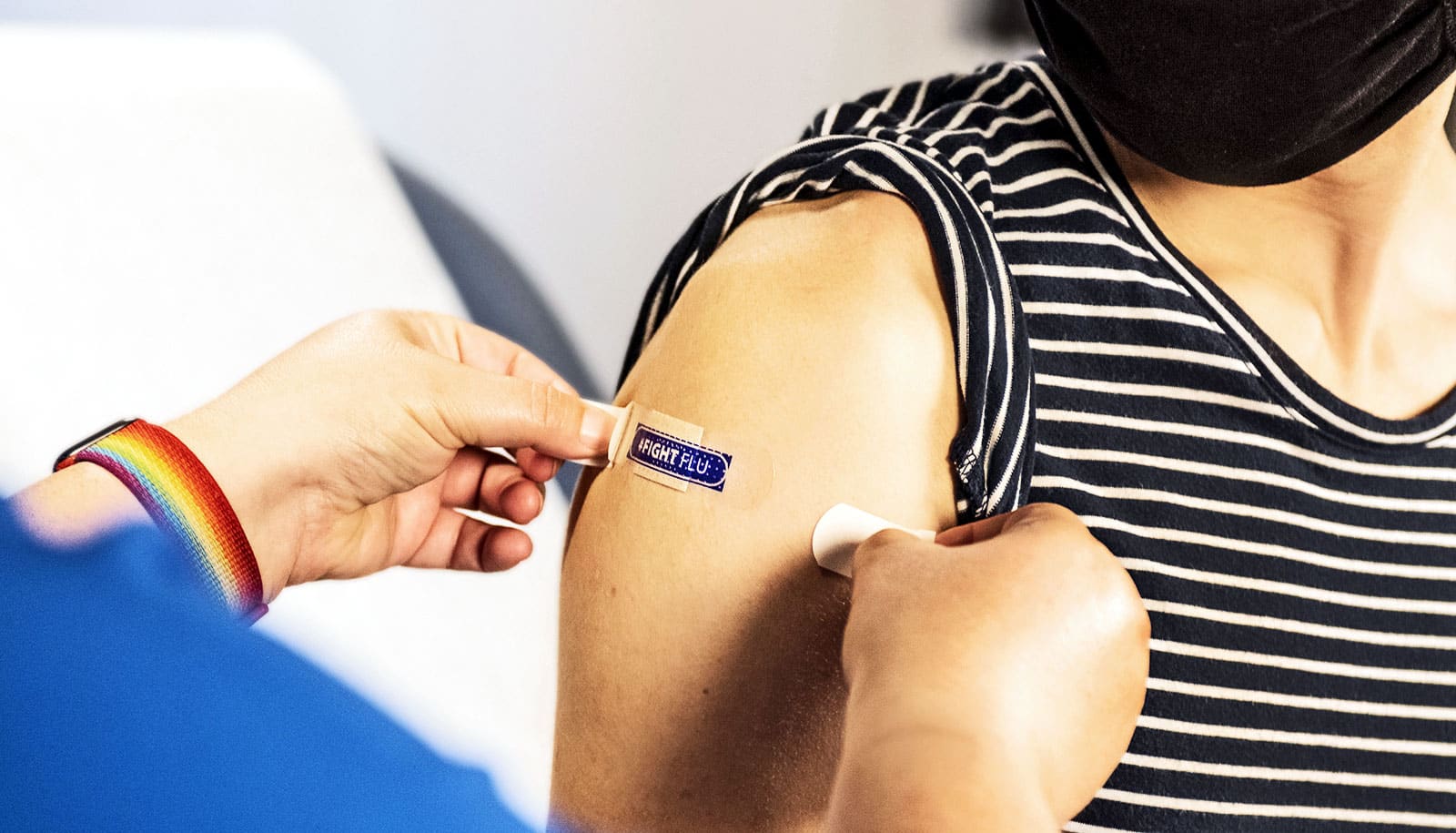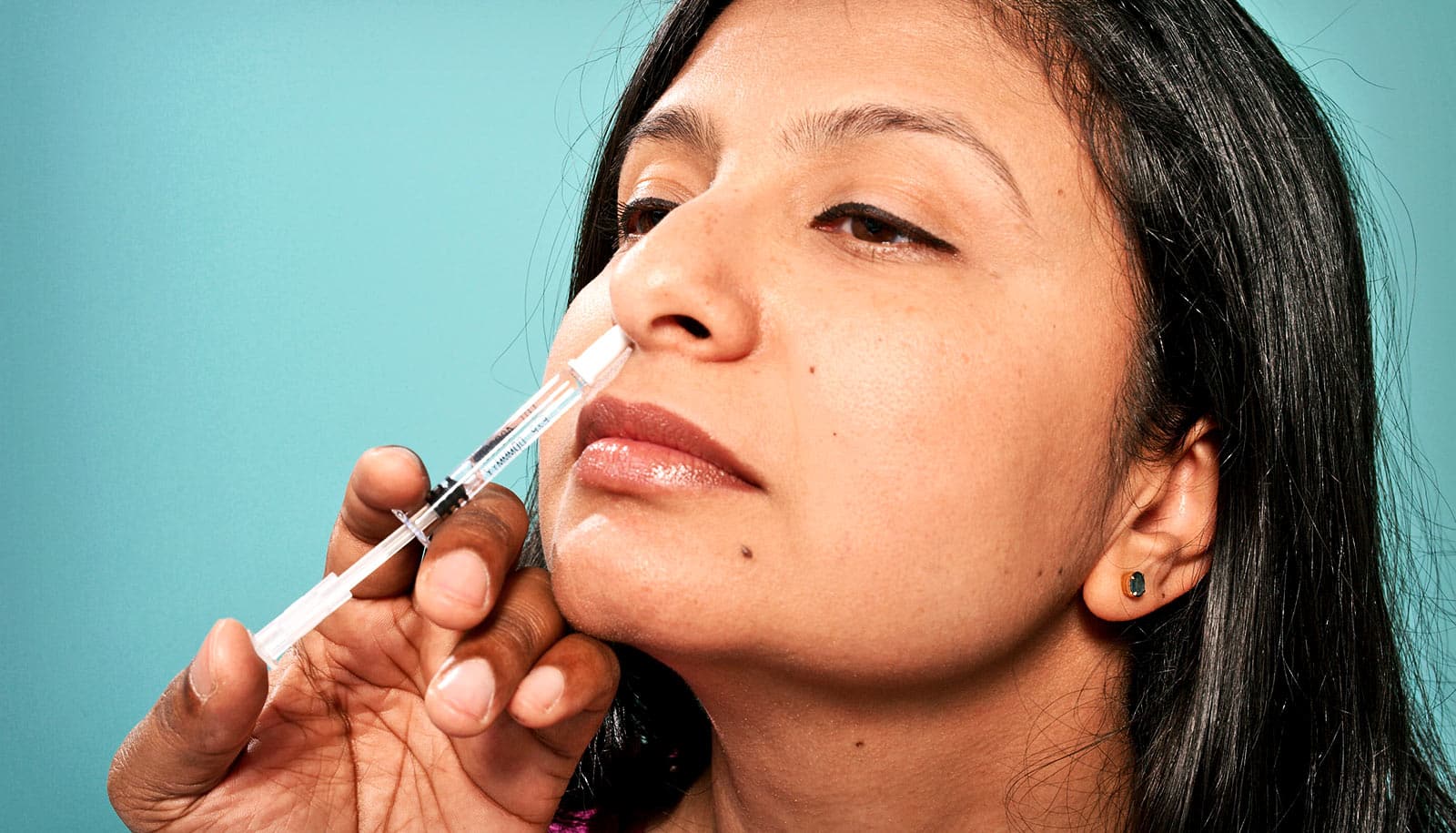Researchers partly attribute low COVID-19 vaccination rates among children in the United States to misinformation.
As of late September 2022, nearly 78% of US adults but only 31% of children ages 5 to 11 had completed their primary series of vaccinations against COVID-19, according to health authorities.
In an article in the journal Vaccine, researchers from the Annenberg Public Policy Center of the University of Pennsylvania attribute that dramatic discrepancy in part to the acceptance of misinformation about the safety of vaccines in general and the COVID-19 vaccines in particular.
The researchers found that US adult hesitancy to be vaccinated against COVID is associated with misbeliefs about vaccines in general, such as that vaccines contain toxins like antifreeze, and about specific vaccines, such as the fears that the measles, mumps, and rubella (MMR) vaccine causes autism (false), and that the flu vaccine increases your chances of contracting COVID-19 (there is no evidence of this).
“Allaying these unwarranted concerns should be a public health priority.”
However, those same concerns also predicted hesitancy to vaccinate children ages 5 to 11, even among those who had been vaccinated themselves.
“All of the misconceptions we studied focused in one way or another on the safety of vaccination, and that explains why people’s misbeliefs about vaccinating kids are so highly related to their concerns about vaccines in general,” says lead author and research director of the Annenberg Public Policy Center Dan Romer. “Unfortunately, those concerns weigh even more heavily when adults consider vaccinating children.”
Misbeliefs about vaccine safety were a powerful predictor of the uptake of the COVID vaccines in adults from April to September 2021. For individuals who reported the highest level of belief in misinformation, only 40% had received the recommended doses of COVID vaccination by September 2021. On the other hand, for those who reported the lowest level of belief in misinformation, 96% had reported receiving the vaccines.
The research draws on four waves of a national probability survey conducted with more than 1,600 US adults for APPC by independent research firm SSRS. The waves were in April, June, and September 2021, and January 2022. The last wave took place several months after the Food and Drug Administration gave emergency use authorization to COVID-19 vaccines for 5- to 11-year-olds, in October 2021, and the CDC recommended vaccinating this group.
Survey panelists were asked about COVID and vaccine knowledge, beliefs, and behaviors. Full vaccination rates among the panelists ranged from 31% in April 2021 to 71% in September 2021, then grew only to 74% by January 2022.
A key question for the research team was: Why would an adult who had been vaccinated against COVID-19 express reluctance to have a 5- to 11-year-old do the same? The study’s answer is that in addition to general misconceptions about the safety of vaccines and vaccination, misinformation about the safety of the COVID-19 vaccine increased the reluctance of even vaccinated adults, including vaccinated parents of children, to recommend COVID-19 vaccination for 5- to 11-year-olds.
The COVID-specific misconceptions at issue included claims that COVID vaccines cause infertility (there is no evidence of this, according to FactCheck.org, a project of APPC), change the recipient’s DNA (false), frequently cause allergic reactions (severe allergic reactions are rare), are riskier than contracting COVID-19 (false), and are responsible for thousands of deaths (no evidence).
In January of 2022, only about 55% of survey panelists said they were “very likely” to recommend vaccinating a child ages 5 to 11, and among parents of a child under the age of 18, the percentage was even lower (44%). As seen in the figure below, respondents who reported greater belief in misinformation (a higher vaccine misinformation score) were less likely to recommend vaccination for a 5- to 11-year-old—and as the probability of recommending vaccination increased, belief in vaccine misinformation decreased.
“Concerns about vaccine safety are clearly a powerful predictor of reluctance to vaccinate oneself and children,” says coauthor Kathleen Hall Jamieson, director of the Annenberg Public Policy Center. “It is easy to understand why adults would be particularly concerned about adverse reactions, impacts on the DNA, the potential fertility of children, and the possibility that a vaccine might contain toxins or cause autism. Allaying these unwarranted concerns should be a public health priority.”
Experience with the COVID vaccines for children indicates that the vaccines protect against hospitalization for more than 20 weeks and can reduce the risk of infection.
Consistent with other work about adult vaccination hesitancy, the study found less support for COVID-19 vaccination of children among Black and Hispanic respondents, evangelical Christians, Republicans, and women, as well the parents of children under 18.
Support for the assessment of COVID-specific vaccine misinformation came from the Robert Wood Johnson Foundation.
Source: Penn



